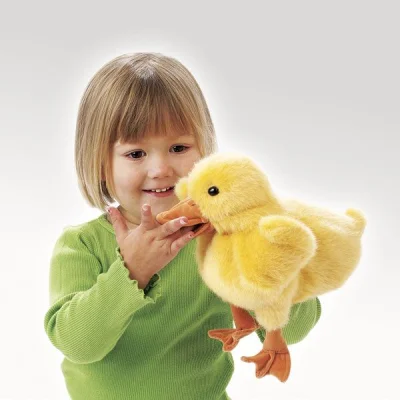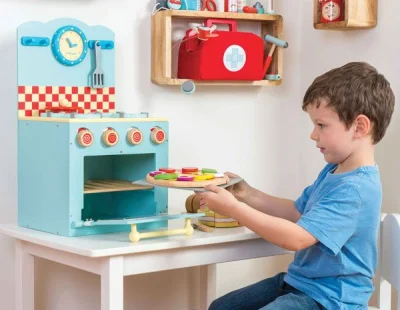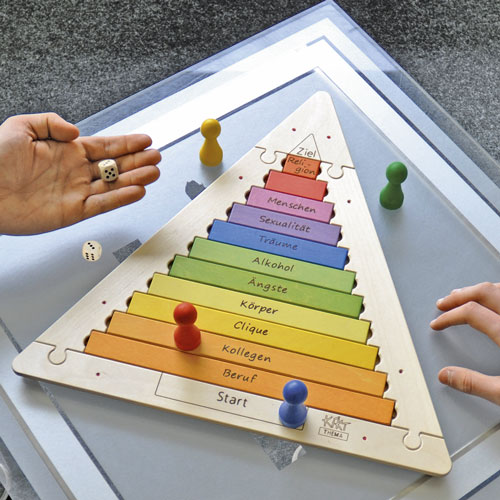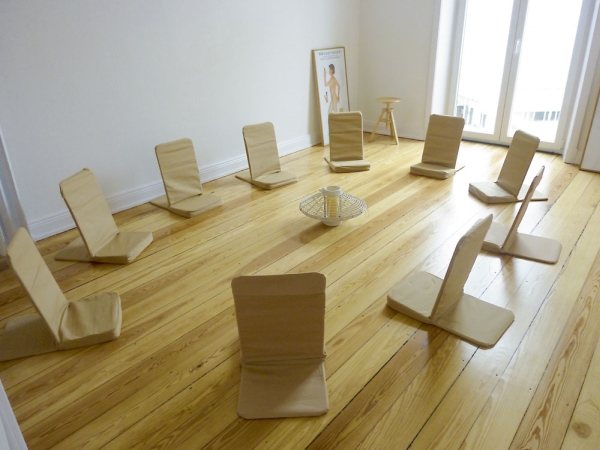3 products found for "Manfred Vogt Spieleverlag"
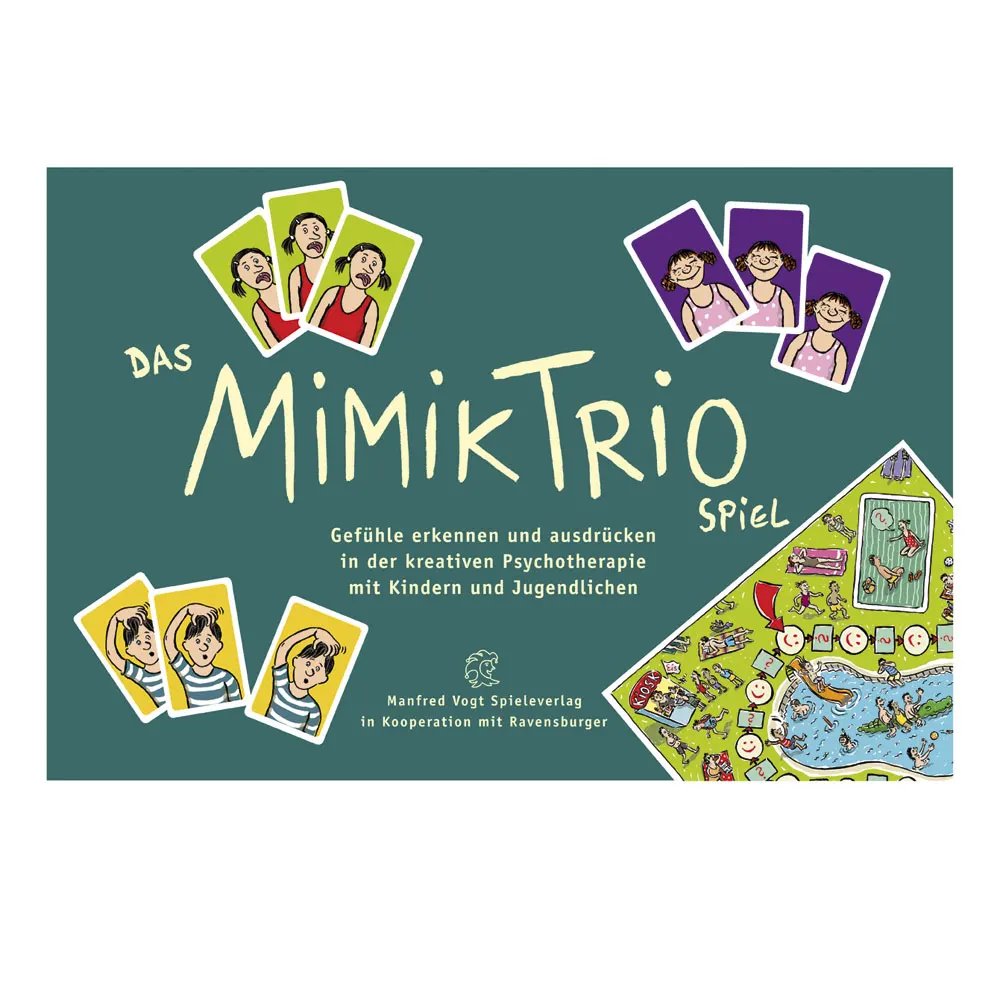
Recognize and express feelings ??. Using a card and board game, the game combines pointing and recognition of facial expressions with a sentence supplementing process. As an interaction game it is possible to engage in non-verbal as well as verbal expressions of feelings and emotional states. Different facial expressions show facial expressions by fellow players throughout the game imitated and recognized. They are associated with the six primary senses of joy, anger, fear, grief, disgust, surprise. Depending on the age of the child and after the therapy phase, these mimic cards can be used purely playfully, without reference to underlying emotions, or in direct relation to emotions, emotional expression and emotion regulation. For 2 to 4 players. From 5 to 99 (instruction in German)
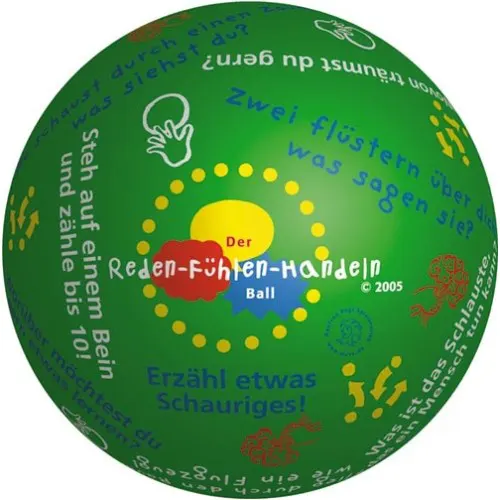
Throwing, catching, asking, answering & moving ... The 6 Catching Question Balls allow children, adolescents and adults to playfully engage with each other while treating valuable questions or following humorous action requests. And this is how it works: simply throw the ball to another teammate, who then reads out and answers the question that is closest to the thumb of the right hand. The game instructions contain different game variants. With a Ø of about 23 cm they are easy to catch. The FangQuestion Balls are icebreakers and activating supplement in psychotherapy and in play with children. Ideal singly or in therapeutic groups, kindergartens, day nurseries, school classes and adults. 6 balls in set, with ball net and air pump for refilling.
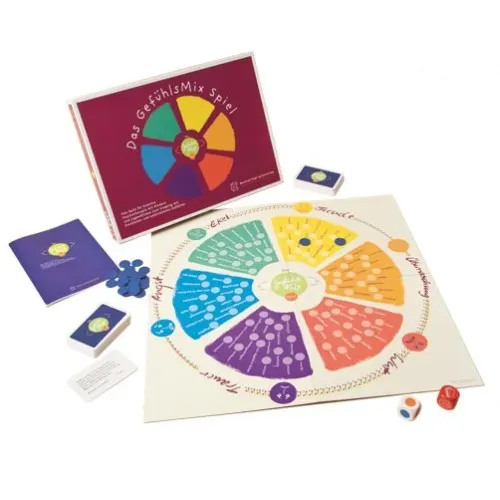
(all in German) Creative psychotherapy with children. The game is aimed at children and adolescents aged 8-18 years. For single setting as well as for groups (up to 6 children). The EmotionMix game offers a therapeutic approach to the areas of perception, expression and regulation. It promotes talking about very diverse emotions (90 terms) and their association with the primary six basic emotions. Several, even ambivalent feelings can be addressed simultaneously. It shows typical emotional reactions to stressful situations. Different emotional reactions can be addressed and taken up. In preoccupation with given situations, players expand their vocabulary and ability to differentiate between feelings and learn about the play behavior of other players or therapists in new and different emotional reactions. For 2 to 4 players. From 8 to 18 years


